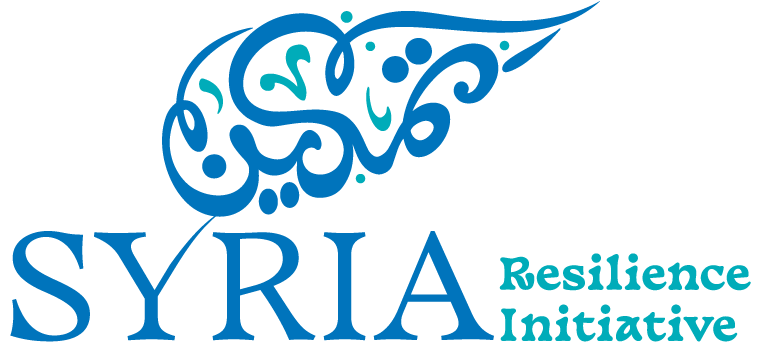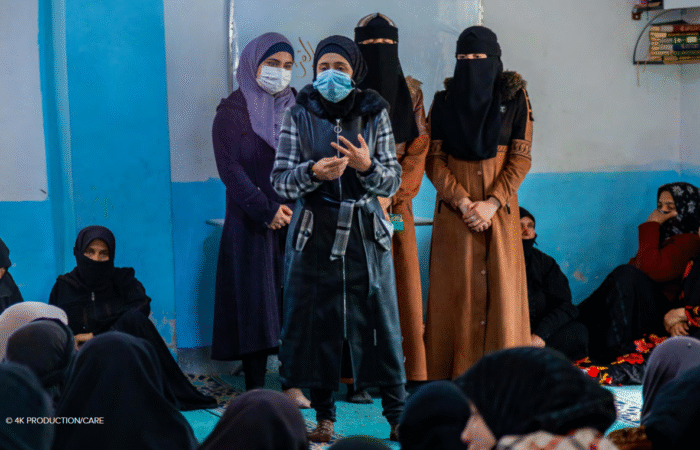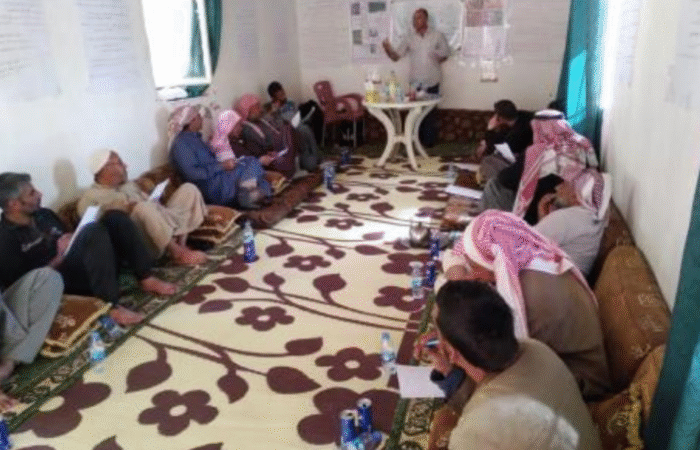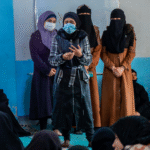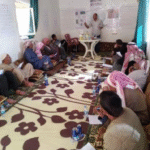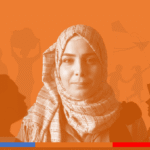In the heart of northeastern Syria’s Al-Hasakeh Governorate, Ahmad*, a 57-year-old farmer and father of seven, has worked in farming his entire life. In recent years, his livelihood, like so many others, was pushed to the brink. Droughts, rising temperatures, and declining market prices for livestock, combined with the overwhelming costs of traditional irrigation methods, created immense challenges for Ahmad.
“I used to plant about 15 Dunums of wheat and worked at a sheep market, relying on a generator and traditional irrigation methods. It used to take me eight days and a significant amount of fuel, costing 720,000 Syrian pounds (71 GBP), for one irrigation. I needed to irrigate my field five times each season, which cost me 3,600,000 Syrian pounds (355 GBP) for fuel”.
With the lack of rainfall, heat waves, and unstable market prices, Ahmad’s income kept declining until he received support through the Syria Resilience Initiative (SRI)
What is the Syria Resilience Initiative (SRI)?
SRI is led by three agencies – CARE, the International Rescue Committee, and Mercy Corps and works alongside Syrians to rebuild their lives and their livelihoods; find innovative ways to overcome the challenges they face; and foster stronger, inclusive, and supportive communities.
One of the programmes delivered by SRI is the Building Local Resilience in Syria (BLRS) programme – funded by the UK Foreign, Commonwealth and Development Office (FCDO). BLRS works with Syrians to rebuild and improve their livelihoods through agriculture, livestock, small businesses, and vocational trades- especially smallholder producers – to increase their resilience to environmental pressures.
The Transformation Is Obvious
As part of the programme, Ahmad received a solar-powered sprinkler irrigation system— a life-changing upgrade that made a huge difference in his life. The system reduced his irrigation time from eight days to three, cut fuel costs by 50%, and allowed him to more than double his cultivated land, from 15 to 35 dunums.
“The sprinkler system and solar energy reduced my expenses by five times,” he says with relief, “And the training I received taught me how to install the system on both sides of the field, which made irrigation more efficient.”Beyond lowering the cost, this support has allowed Ahmad to be able to plan ahead and grow his business even more. His crop yields are expected to rise by 30%. Before SRI’s support, he earned about 3,280 USD (2647 GBP) for twenty dunums of wheat. Now, he expects to earn an additional 1,000 USD (807 GBP). Ahmed is also planning to diversify his farm with vegetables and corn for animal feed—new sources of income that will help buffer his family’s income and wellbeing against economic and environmental shocks.
A Growing Crisis Needs a Resilient Response
Syria is grappling with one of the world’s most complex crises. Today, 16.7 million Syrians require humanitarian assistance, their needs are compounded by the hardships of displacement, limited access to basic services, and worsening environmental shocks. This is particularly evident on account of Syria’s water crisis, where both the availability and quality have been severely compromised and negatively impacted community health, their ability to farm, and costs of basic food items.In addition, agriculture is the industry most affected by Syria’s water crisis as it accounts for an estimated 87% of water use. As droughts reduce the amount of water available for agriculture, rising temperatures increase plants’ need for water. This vicious cycle has reduced crop yields leading to increased costs and reduced availability of food and generating additional hardship for an already vulnerable population.
Ahmad’s story highlights a much bigger challenge: the urgent need to rethink how we adapt to a changing climate. As Syria moves through a significant political transition. There is a chance to work with the new government and local authorities to bring climate-smart solutions into national policies. By doing so, innovative approaches like Ahmad’s solar-powered irrigation system can be scaled up across Syria’s agricultural regions, helping farmers build resilience and secure a better future.
Yet amid these daunting realities, SRI is proving that recovery is possible.
Through targeted investments in climate-smart agriculture, solar-powered irrigation, and community-led training, SRI is helping farmers adapt to climate stressors while building long-term food security and economic resilience. By December 2024, 7379 farmers have already received hands-on training through Farmer Field Schools, where they learn effective and sustainable agricultural and livestock techniques—skills that are now vital for survival.
Investing in Resilience, Reaping Impact
This is more than aid. It’s a meaningful investment in the future of Syria, one that is rooted in partnership with local communities and a vision for sustainable recovery.
As Syria reaches a turning point, now is the time to reimagine what resilience looks like. Supporting farmers like Ahmad not only restores livelihoods—it lays the groundwork for a lasting peace and self-sufficient future where Syrians are empowered to stand in the face of the growing threats of climate change.
